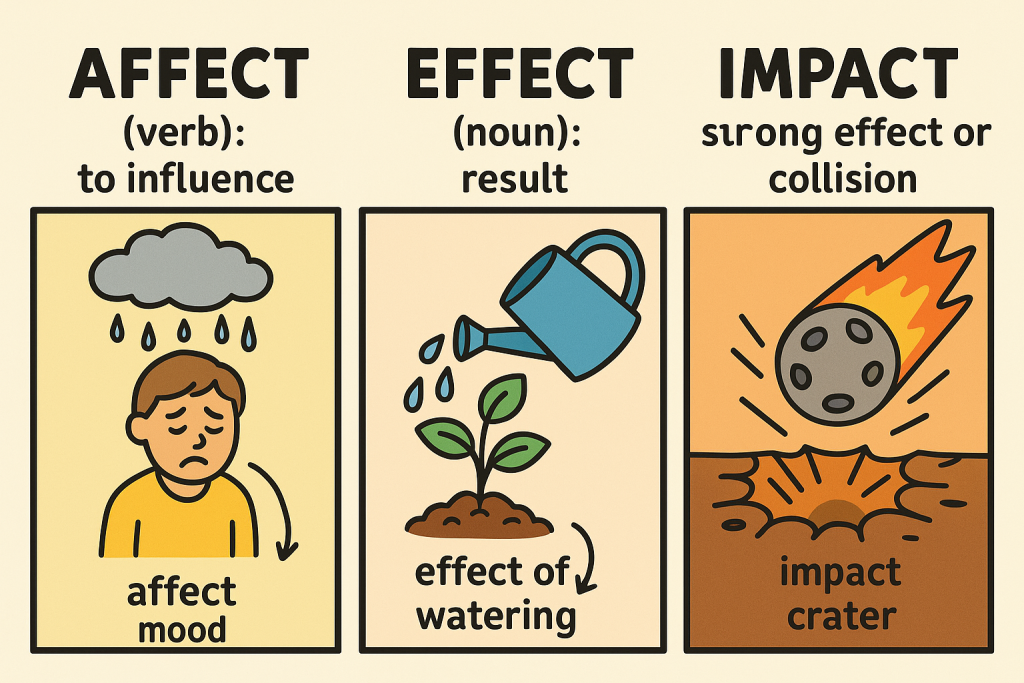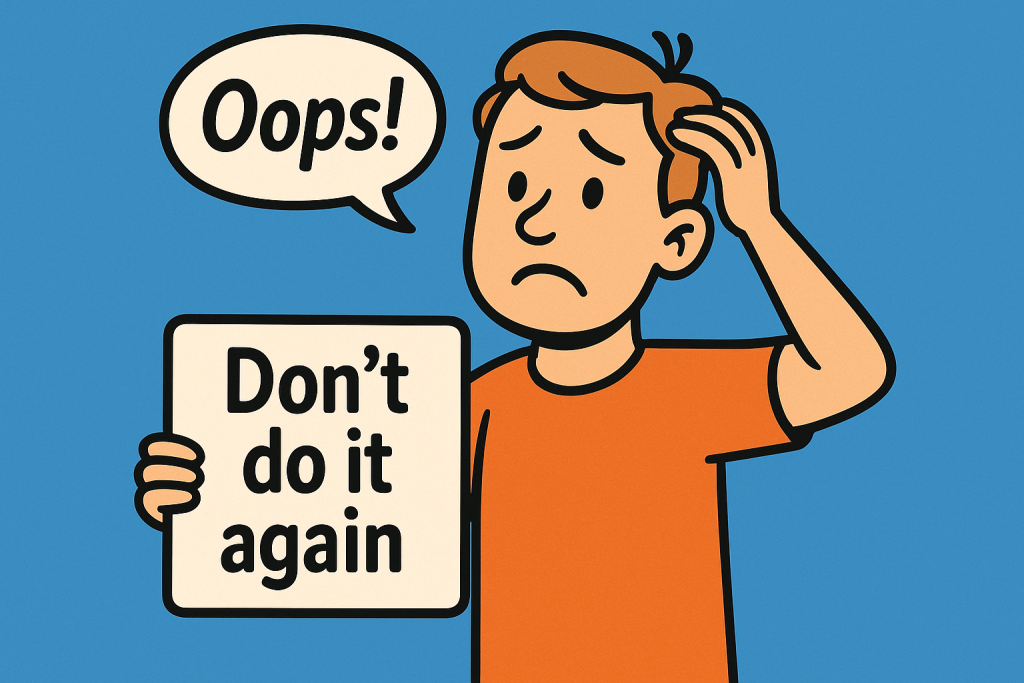
Introduction: Why “Commonly Confused Words” Matter
Ever sent a text that said, “Your the best!” and felt proud? No judgment (okay, maybe a little). English is a playground full of words that sound alike but mean totally different things. These little mix-ups—called homophones—are everywhere, sneaking into emails, job applications, and even Tinder bios, ruining reputations one misplaced apostrophe at a time.
Commonly confused words don’t just trip up English learners. Native speakers, spellcheck abusers, and even grammar sticklers fall victim to them. That’s why mastering these troublemakers isn’t just helpful—it’s essential. In this guide, we’ll cover the most notorious offenders and show you how to use them correctly, without looking like you just guessed and hoped for the best.
Let’s get into it—because there, their, and they’re not going to explain themselves.
Their vs. There vs. They’re
These three words are the Bermuda Triangle of English. Let’s chart a course through the confusion.

Their (Possessive Pronoun)
Meaning: Belongs to them.
Examples:
- Their dog keeps barking at my lunch.
- I like their idea better than mine.
There (Adverb/Pronoun)
Meaning: Refers to a place or existence.
Examples:
- The keys are over there on the counter.
- There is a problem with your sentence.
They’re (Contraction)
Meaning: They + are.
Examples:
- They’re coming to dinner tonight.
- I think they’re lost.
Common Mistakes & Tips:
If you can replace it with “they are” and it still makes sense, it’s “they’re”. If not, try using a good online dictionary like the Oxford Learner’s Dictionary to double-check meanings.
Also, for clear sentence building with these words, check out Simple Sentences in English.
Affect vs. Effect
This pair is out to get everyone, especially in academic writing or when you want to sound smart at work.
Affect (Verb, usually)
Meaning: To influence or change.
Examples:
- The weather can affect my mood.
- His speech affected the whole audience.
Effect (Noun, usually)
Meaning: The result or outcome.
Examples:
- The effect of caffeine was immediate.
- What’s the long-term effect of not sleeping?
Common Mistakes & Tips:
Remember: Affect is an Action. Effect is an End result. If this still feels like witchcraft, Grammarly’s guide on commonly confused words might help clear things up.
Your vs. You’re
We meet again, apostrophe abuser.
Your (Possessive)
Meaning: Belongs to you.
Examples:
- Is this your water bottle?
- I love your enthusiasm for cake.
You’re (Contraction)
Meaning: You + are.
Examples:
- You’re late again.
- You’re amazing (for making it this far).
Common Mistakes & Tips:
Say “you are” aloud. If it works, congrats, you’re literate. If not, maybe refresh yourself with our Comma Rules for Professional Emails — because those tend to suffer the most.
Its vs. It’s
Tiny difference. Big headache.
Its (Possessive)
Meaning: Belongs to it.
Examples:
- The cat licked its paw.
- The company changed its logo.
It’s (Contraction)
Meaning: It + is or it + has.
Examples:
- It’s going to rain.
- It’s been a long day.
Common Mistakes & Tips:
Apostrophes usually show possession—except here, because English is a clown car. If that bugs you, you’ll love our Advanced Grammar Tips for Non-Native Speakers.
Accept vs. Except (Bonus Round)
Because one more headache won’t kill us.
Accept (Verb)
Meaning: To receive or agree to.
Examples:
- I accept your apology.
- She accepted the job offer.
Except (Preposition/Conjunction)
Meaning: Excluding or apart from.
Examples:
- Everyone came to the party except John.
- I like all fruits except durian.
Common Mistakes & Tips:
“Accept” = receive. “Except” = exclude. Still confused? Again, Oxford’s dictionary will not judge you—but I will.
Conclusion: Mastering Commonly Confused Words

Learning to tell these tricky words apart is like getting a secret weapon in your grammar arsenal. It boosts your writing, sharpens your communication, and saves you from internet ridicule.
So here’s your mission: next time you write, slow down. Reread your sentences. Or take a quiz. Or tattoo the rules on your forearm (don’t actually). Most importantly, practice. Because using the wrong word can affect the effect of your message—see what we did there?
